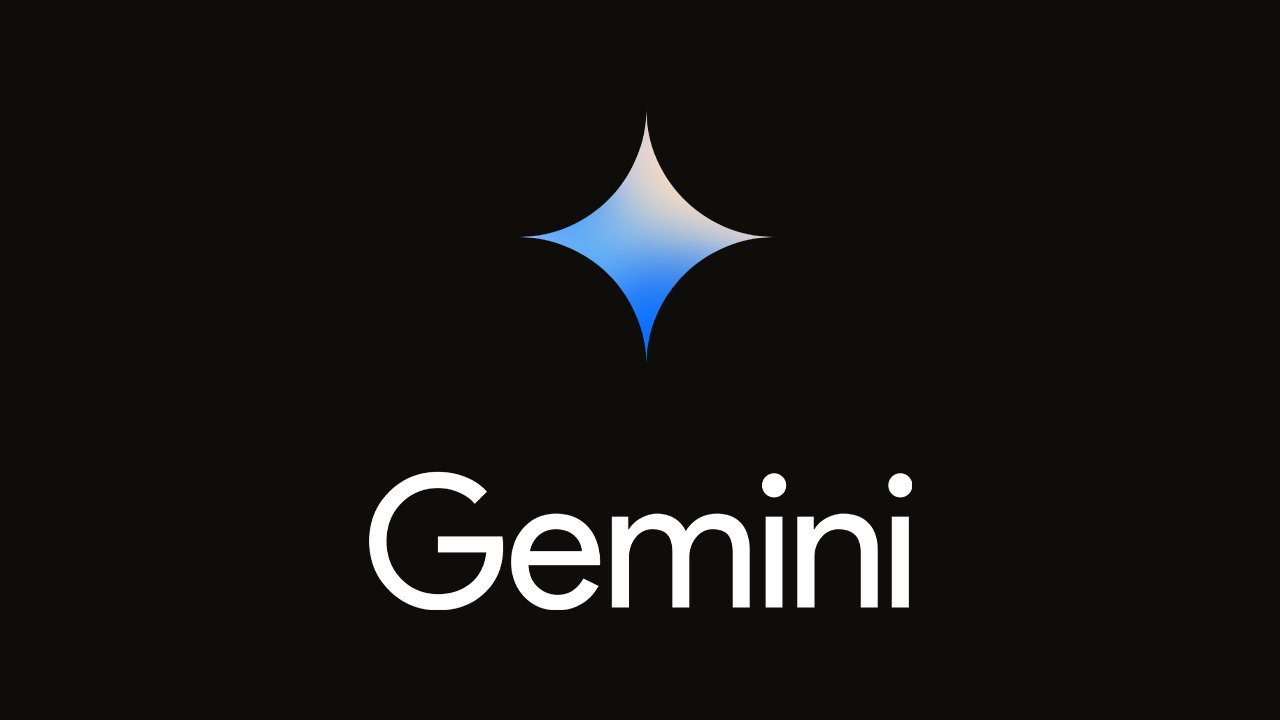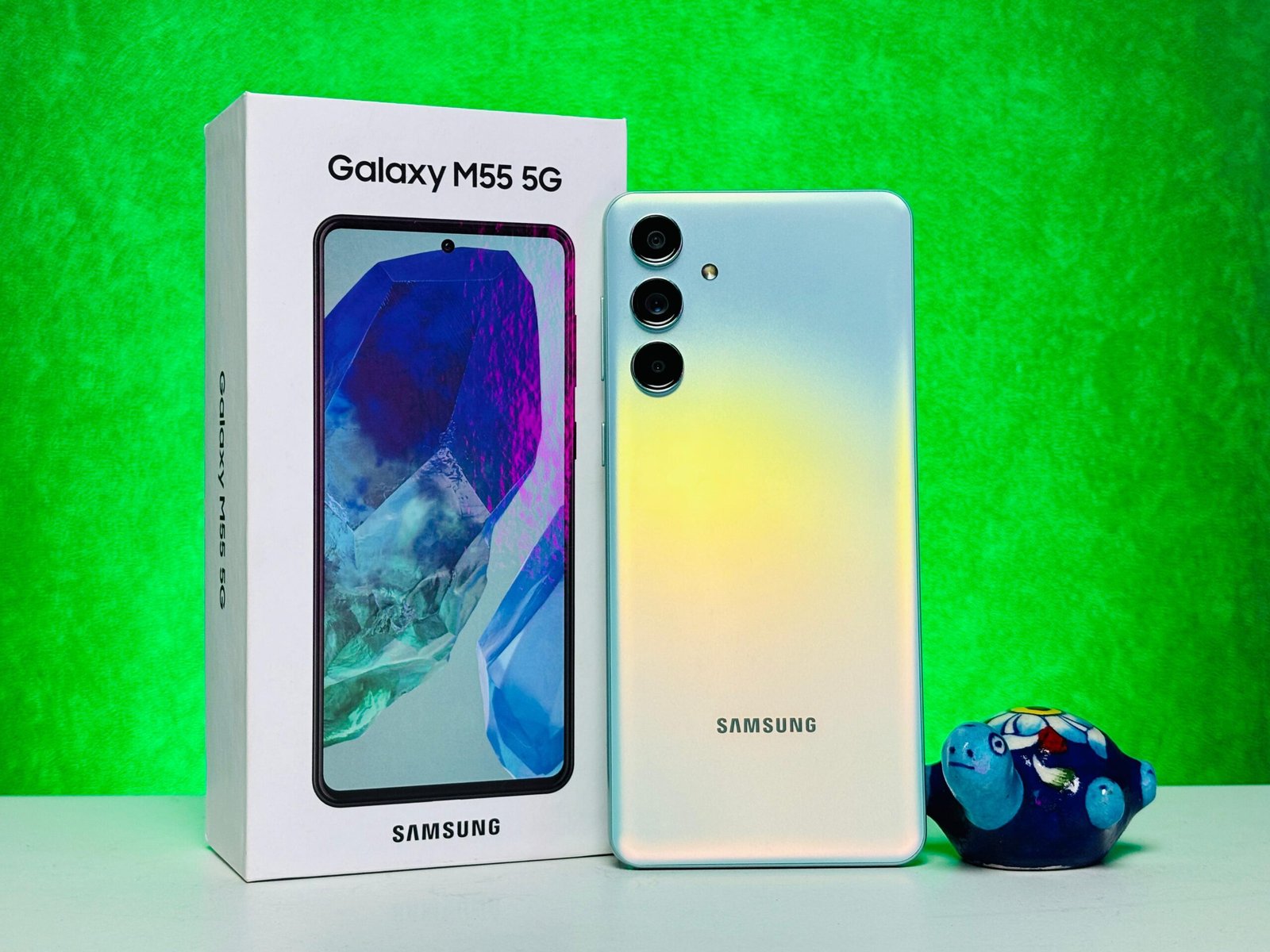In a significant turn of events, Apple finds itself at the heart of a contentious debate over its App Store policies, facing criticism and legal challenges from both Spotify and the broader tech community, including Meta (Facebook’s parent company). At the core of the dispute are accusations against Apple for abusing its market dominance to stifle competition, a situation that has prompted regulatory intervention from the European Union.
Key Highlights:
- The European Commission fined Apple over €1.8 billion for abusing its dominant market position, based on Spotify’s complaint.
- The conflict centers on Apple’s restrictions that prevent app developers from informing users about cheaper alternatives outside the App Store.
- Apple and Spotify have exchanged public statements, with Apple expressing surprise at the fine and defending the integrity of its App Store.
- The EU’s Digital Markets Act (DMA) is set to change the landscape by ending mandatory fees for in-app purchases and opening the door for alternative payment systems.
- Spotify plans to introduce in-app purchases for EU iPhone users, challenging the “Apple tax” and potentially enhancing customer experience and market competition.
The confrontation between Apple and Spotify over the App Store’s operating policies has escalated into a significant legal and public relations battle. The European Commission’s decision to fine Apple a staggering €1.8 billion underscores the serious concerns regarding anti-competitive practices in the digital marketplace. This move is primarily rooted in Apple’s policies that limit developers from guiding users to alternative subscription services, a strategy that the Commission argues illegally stifles competition.
Clash with Spotify: The Battle Over App Store Commissions
Spotify has been one of the most vocal critics of Apple’s 30% commission on subscriptions and in-app purchases made through the App Store. Spotify argues that these fees create an unfair disadvantage and limit its ability to compete with Apple’s own Apple Music service. The music streaming giant has filed antitrust complaints against Apple in the European Union and has been a key player in coalitions like the “Coalition for App Fairness.”
Apple’s reaction to the fine reveals a mix of surprise and defiance, with the tech giant highlighting the role of Spotify as a primary beneficiary of the EU’s decision. Apple insists that its App Store policies are designed to ensure a safe and trustworthy environment for users and developers alike. The company points out that Spotify has extensively utilized the App Store to grow its user base without directly contributing to the App Store’s maintenance costs.
Further complicating the situation is the broader context of the EU’s Digital Markets Act (DMA), which aims to curb the power of “gatekeepers” in the digital economy. Apple, identified as one of these gatekeepers, is now required to adapt to regulations that facilitate fair competition and offer more autonomy to app developers in terms of payment systems.
Spotify’s response to the changing regulatory environment includes plans to offer in-app purchases directly to iPhone users in the EU. This move is seen as a direct challenge to Apple’s commission fees on in-app purchases, colloquially known as the “Apple tax”. Spotify argues that the DMA will enable them to offer more transparent and competitive pricing and subscription options to their users.
The legal and regulatory challenges faced by Apple in the EU, spearheaded by Spotify’s complaint and the subsequent fine, highlight a critical moment in the evolution of digital marketplaces. The unfolding scenario under the EU’s DMA legislation could set a precedent for how digital platforms operate, emphasizing the importance of competition and consumer choice in the tech industry. As these developments continue to unfold, the implications for Apple, Spotify, and the broader digital ecosystem remain a focal point of global interest.
























Add Comment